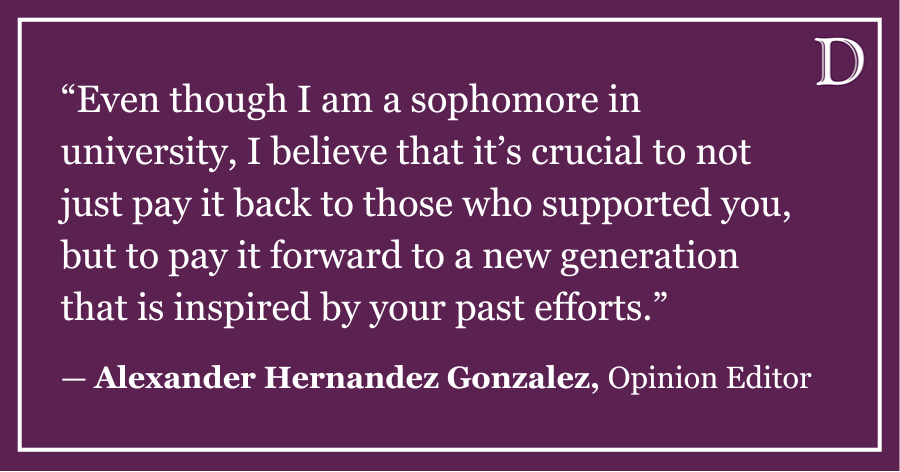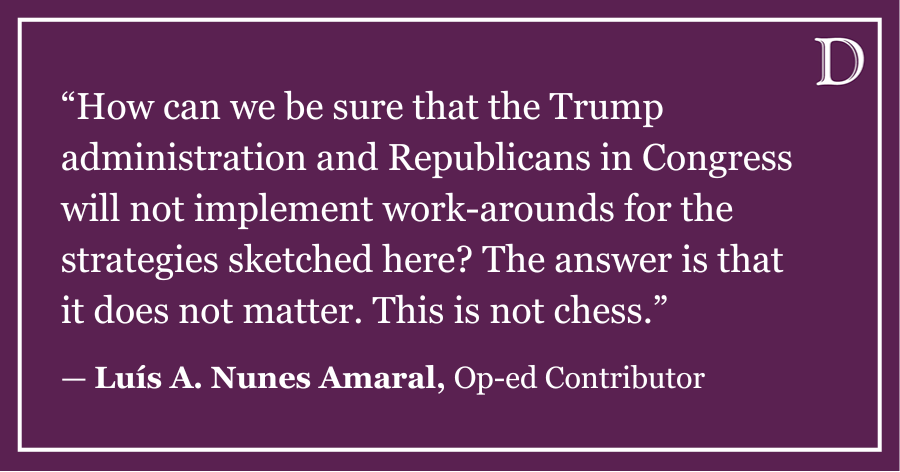Almost every day, students across the country strive to get their hands on that amazing letter A. They go to school early, stay after to ask questions and spend hours each night studying. All to get one letter written on their paper the next day. When the letter is not the one he or she hoped for, the student’s psyche can take a catastrophic hit. America’s school systems hope to raise knowledgeable, strong-minded, dedicated citizens but have entered students into a tragic race to the front of the alphabet.
If nothing else, this fact should be considered: emphasizing grades in schools takes away from students actually learning. With so many things dividing up their time, such as sports, jobs, and quality time with their families, students have some (but not a lot of) time to devote strictly to homework and studying. They try to accomplish everything, but it’s not possible. This pushes students to find other ways to get the grade without really taking the time to do the work.
In my high school Advanced Placement Calculus class, we had 15-20 homework problems a night, and that was from just one class. The solutions were online, but that was supposed to be so that we could check our work once we were finished. We were all bright students to have gotten into an AP class, but that did not mean we had extra time to do homework. I know many students who copied the online solutions and turned them in, which got them an A but didn’t teach them anything. Instead, they could have actually done half the problems and gained something, but then they would have gotten a 50 percent, a failing grade. So much more emphasis was put on the grade than the actual learning that many times students learned nothing at all. Similar situations occur in classrooms across the country every day.
Moreover, the quest for good grades can be detrimental to a student’s health. Students deprive themselves of sleep by pulling all-nighters to finish their homework or stress themselves out when they know they can’t do it all. Not to mention that getting bad grades after working really hard on something can decrease their self-esteem and confidence in their abilities. As a freshman, I studied all night for a French test and barely got a B. One little letter hardly seems to be worth all the trouble.
Placing so much emphasis on grades is unfair. At my high school, percentages of 100 to 90 were an A and percentages of 89 to 80 were a B. One percentage point made the difference between an A and a B, and a major difference in GPA, which students think is the defining factor for getting into college. Is it really fair to allow one percentage point to be so consequential in this high-stakes grading system we’ve crafted? Adding to the problems with school systems is that 50 percent means failure. If a student knew nothing about a subject coming in, and was able to learn half of the material, they learned a lot and they should get credit for it. However, in most, if not all, school systems in the country, they would get none.
In the end, school systems that emphasize grades so heavily are unfair and end up hurting students by taking away their desires to actually acquire knowledge and by wounding their health. If this country wants to raise knowledgeable, strong-minded, dedicated citizens, it is going about it the wrong way.
Katy Vines is a Weinberg freshman. She can be reached at kaitlynvines2017@u.northwestern.edu. If you would like to respond publicly to this column, send a Letter to the Editor to opinion@dailynorthwestern.com.













